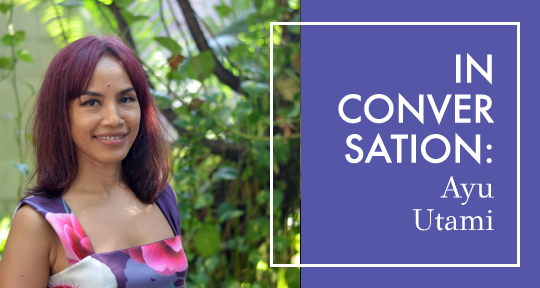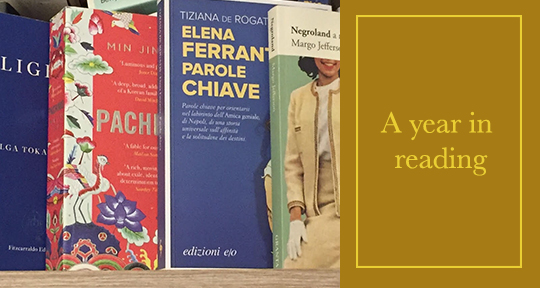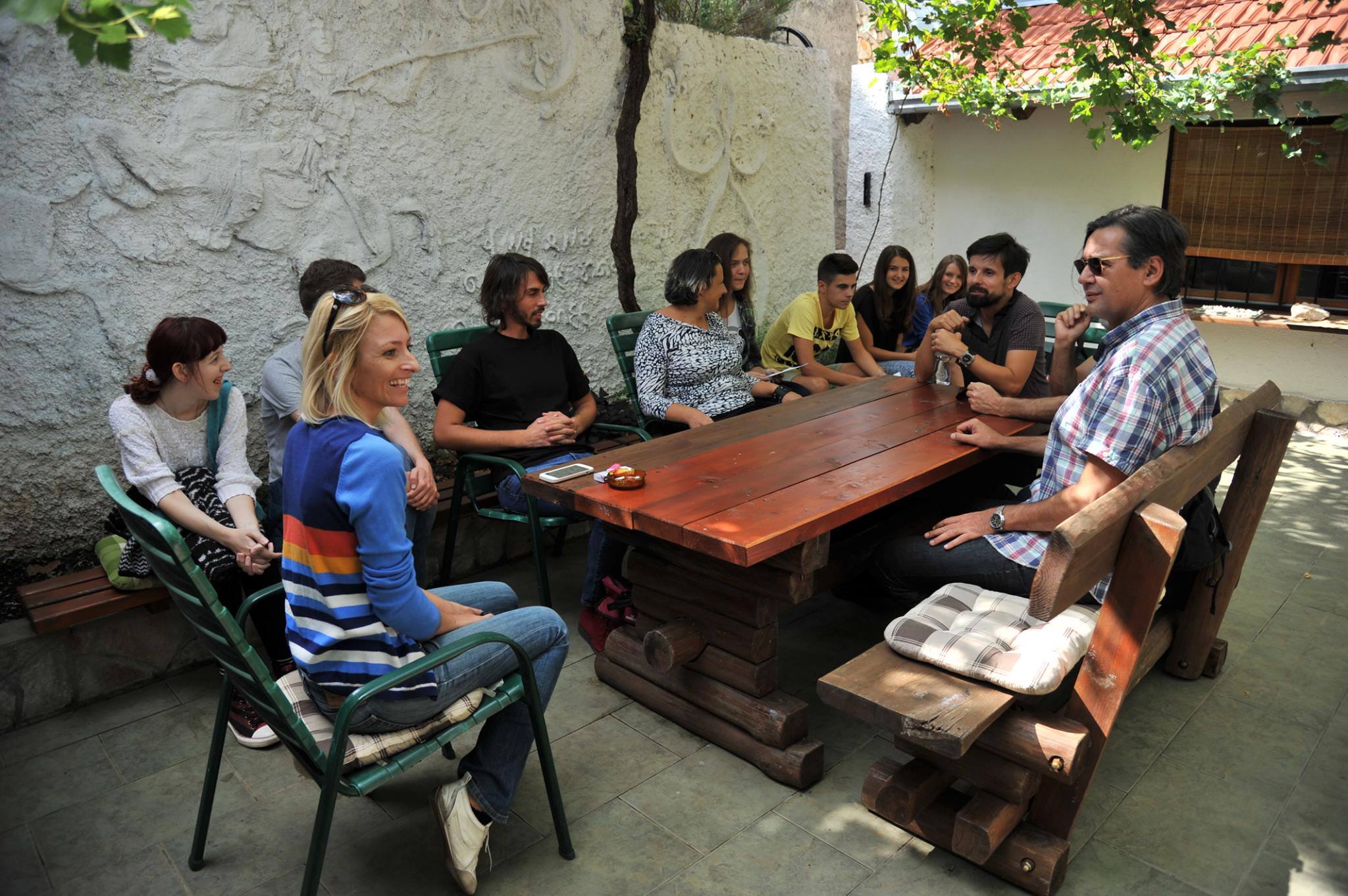Jakarta in the 1990s was bubbling with new ideas of freedom. During the third decade of Suharto’s military dictatorship in Indonesia, punks met on the streets that soldiers patrolled. Cafés and bars pulsed with the energy of youth movements. Quality journalism found ways to wriggle its way around censorship, both official and communal. And when writers couldn’t get past the strict barriers imposed by military rule, they still circulated their critical narratives by donning pen names or disguising fact as fiction.
Ayu Utami was one of the journalists blacklisted from publishing openly in the late 1990s. A member of the group of artists and intellectuals that established Komunitas Utan Kayu, Jakarta’s first space dedicated to art and free expression under military rule, she nevertheless continued to publish her reportage anonymously. Only weeks before participating in the student movement that would pull Suharto from power, she also released her first novel, Saman, which caused massive controversy—in part because of its serendipitous timing, but also because of its uninhibited treatment of taboo topics, both political and sexual.
The novel follows the personal experiences of three young Indonesian women, their relationships to their bodies, as well as the life story of a socially conscious priest violently persecuted during the mass killings of perceived communists in 1965. In a total break from the prose of most of her contemporaries, who either perceived bodily concerns as lesser than politics or who used female sexuality as a narrative tool, Ayu’s fireball novel was not only wildly popular, but also set a precedent for contemporary feminist literature in Indonesia. In 1998, Jakarta exploded—and the shrapnel was Ayu Utami’s books, flying off shelves. READ MORE…



